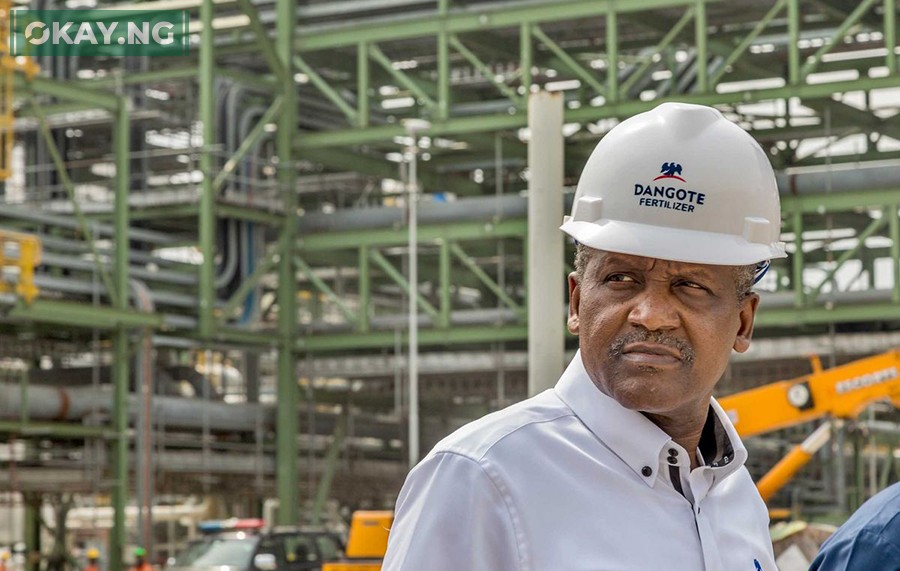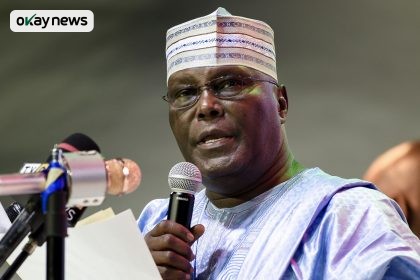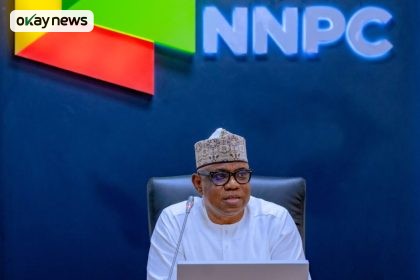Africa’s richest man, Aliko Dangote, has issued a stern warning over the increasing influx of cheap, often toxic petroleum products into Africa, calling it a grave threat to public health, economic sovereignty, and industrial development across the continent.
Speaking at the West African Refined Fuel Conference in Abuja, hosted by the Nigerian Midstream and Downstream Petroleum Regulatory Authority (NMDPRA) and S&P Global Commodity Insights, Dangote criticised the widespread importation of substandard fuel blends — the kind that would never pass regulatory scrutiny in Europe or North America — into African markets.
“We are now facing increasing dumping of cheap, often toxic, petroleum products—some of which are blended to substandard levels that would never be allowed in Europe or North America,” he said, warning that Africa has become a “dumping ground” for inferior fuels due to its limited refining capacity.
According to Dangote, the continent imports over 120 million tonnes of refined petroleum products annually, spending close to $90 billion, despite producing nearly 7 million barrels of crude oil per day. Yet, only 40% of Africa’s 4.3 million barrels per day demand for refined products is processed locally, compared to over 95% in Europe and Asia.
Okay.ng reports that Dangote’s Dangote Petroleum Refinery, the world’s largest single-train refinery, has had to import between 9–10 million barrels of crude monthly from the United States and other countries, due to difficulties sourcing local crude at competitive terms.
“We found ourselves negotiating with international traders for Nigerian crude — crude that’s produced in Nigeria — and buying it back at hefty premiums,” he lamented, while also thanking the NNPC for providing some cargoes directly since production began.
He stressed that Africa is effectively exporting jobs and importing poverty by depending heavily on foreign refined products. “That’s a $90 billion market opportunity we’re handing over to other regions every year,” he said, noting that very few African nations have economies larger than $90 billion.
While praising free markets and global cooperation, Dangote argued that “trade must be anchored in economic logic and efficiency — not at the expense of quality or safety.”
A refinery built from scratch, against the odds
Dangote described the building of his $19 billion refinery as one of the most logistically and financially demanding projects on the continent. The 2,735-hectare site — seven times the size of Victoria Island — required the pumping of 65 million cubic metres of sand, installation of 250,000 foundation piles, construction of a dedicated seaport, and operation of 330 cranes and a 10-million-tonne granite quarry.
At its peak, the refinery site employed over 67,000 workers, 50,000 of whom were Nigerians, and survived a two-year COVID-19 delay that nearly derailed timelines.
Despite the technical achievements, Dangote pointed to persistent commercial hurdles, particularly the massive exchange rate swing from N156/$ to N1,600/$, alongside port charges that sometimes cost 40% of freight expenses — higher than in countries thousands of miles away like India.
“It is currently more expensive to load a domestic cargo from our refinery than from Lomé, where customers pay port charges only once. Here, they pay twice — at loading and discharge,” he said.
Regulatory fragmentation hurting intra-African trade
Dangote also condemned the lack of harmonised fuel standards across African countries, which he said creates unnecessary trade barriers.
“The fuel we produce for Nigeria can’t be sold in Cameroon, Ghana, or Togo, even though we all drive the same cars. This fragmentation only benefits global traders exploiting arbitrage opportunities,” he said.
He further cited an example where Nigerian diesel standards require a cloud point of 4°C, despite most regions in Nigeria never reaching such low temperatures, thus raising production costs and limiting crude options unnecessarily.
Protect local refiners, like others do
Calling for protective policies similar to those in the United States, Canada, and the European Union, Dangote urged African governments to back local industries with enabling environments.
“It defies logic to export raw crude and re-import fuel when we have the capacity and need to refine it ourselves. We are not just asking for favours; we’re asking for fair conditions to compete,” he said.







